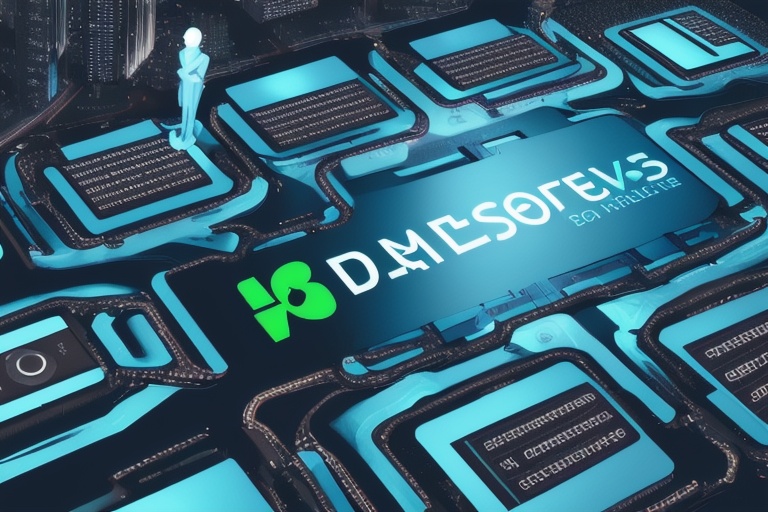Artificial Intelligence (AI) has transitioned from the realms of science fiction into a remarkable facet of modern life. We are now accustomed to encountering intelligent machines on a daily basis—self-driving cars navigate our streets, virtual assistants respond to our queries, chatbots streamline customer service, and surgical robots assist with complex medical procedures. As AI forges an increasingly significant role across diverse industries, it focalizes a poignant debate comparing its capabilities with those of human intelligence. This discourse invites exploration into the attributes and symbiotic relationship between these two domains of intellect.
Artificial Intelligence (AI) has transitioned from the realms of science fiction into a remarkable facet of modern life. We are now accustomed to encountering intelligent machines on a daily basis—self-driving cars navigate our streets, virtual assistants respond to our queries, chatbots streamline customer service, and surgical robots assist with complex medical procedures. As AI forges an increasingly significant role across diverse industries, it focalizes a poignant debate comparing its capabilities with those of human intelligence. This discourse invites exploration into the attributes and symbiotic relationship between these two domains of intellect.
AI, an offshoot of Data Science, aspires to create machines that undertake tasks traditionally necessitating human cognition. These systems are designed to learn from experiences and historical data, interpret their environment, and execute informed decisions and actions. This field is no one-trick pony; AI encompasses an array of subfields, including machine learning, and harnesses a variety of programming languages such as R and Java. It is an interdisciplinary enterprise, melding principles and methodologies from computer science, cognitive science, linguistics, psychology, neuroscience, and mathematics, forming a rich tapestry for innovation.
Human intelligence, in contrast, encompasses the intellectual prowess that facilitates our ability to think, conceptualize, analyze, resolve issues, identify patterns, decide, remember, and communicate. Distinctively, human intellect thrives on an undercurrent of abstract emotions—self-awareness, fervor, and drive—that aid in performing sophisticated cognitive tasks. The adaptability and resourcefulness of human intelligence enable us to navigate a plethora of situations and challenges effortlessly.
Drawing a comparison between AI and human intelligence unravels several pivotal distinctions. AI systems excel in processing vast datasets and performing repetitive, high-volume tasks with unparalleled speed and precision. Nevertheless, these systems struggle with aspects of decision-making and problem-solving where common sense, logic, nuanced reasoning, and emotional comprehension are integral—facets inherently rooted in human intellect. AI is heavily data-dependent and, without the proper datasets, can be stymied by even simple tasks that humans navigate with ease.
Furthermore, although AI's prowess in certain realms can surpass human performance, it doesn't negate the human brain's unique capacity to learn autonomously, adapt fluidly, and apply knowledge to a myriad of scenarios. AI remains, to a considerable extent, in an evolutionary phase—progressive but still reliant on human guidance and ingenuity.
The burgeoning prominence of AI has catalyzed the emergence of novel career pathways within Data Science, demanding a blend of subject matter expertise and sophisticated technical acumen. It is paramount to recognize the current impracticability of AI systems fully replicating the extensive problem-solving dexterity of the human brain. The integration of AI and human intelligence heralds a transformative era for technological development, promising to redefine efficiency and automation while honoring the intrinsic strengths of human capability.
The collaborative interplay between AI mechanisms and human intellect is poised to sculpt the future trajectory of AI advancements. The synergy of these forces not only accelerates progress in technology but also furthers collective welfare. Hence, the pursuit of technological evolution should not seek to eclipse human aptitude but rather to augment it, fostering an environment where both AI and human intelligence can flourish and propel society to unprecedented heights of innovation and achievement.
Information for this article was gathered from the following source.




